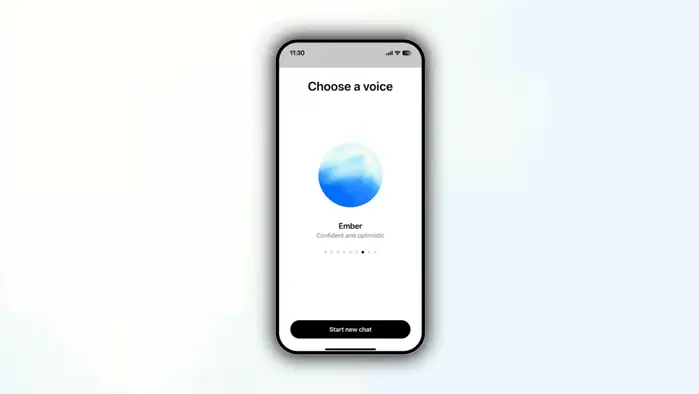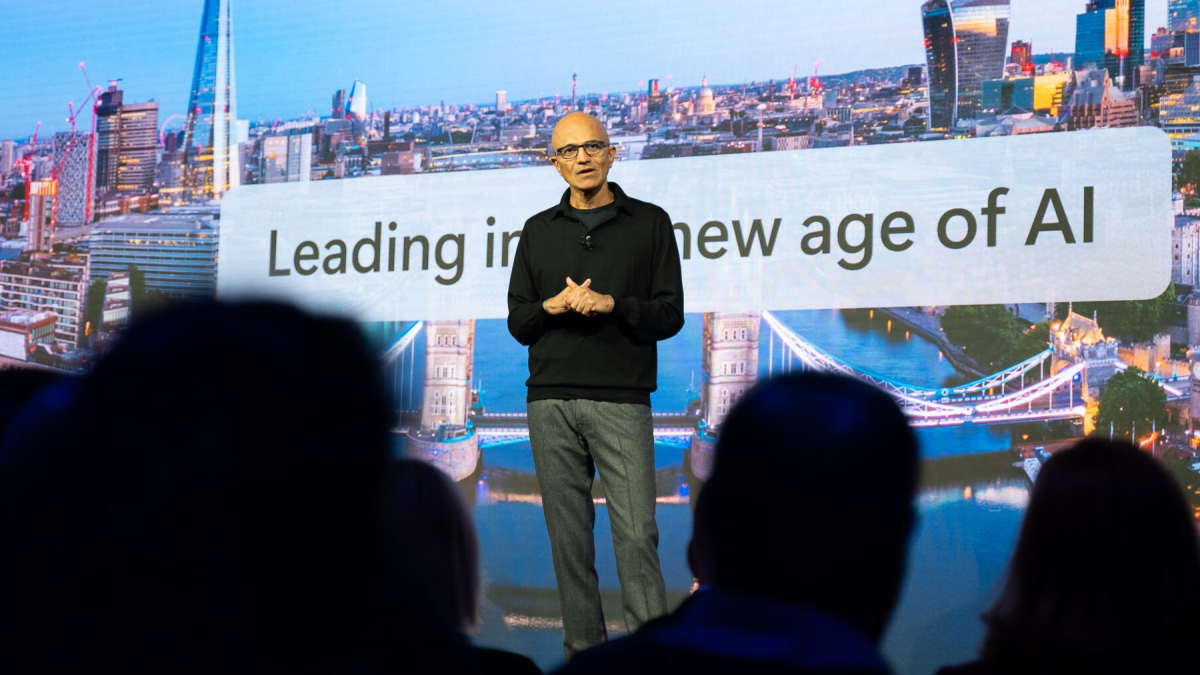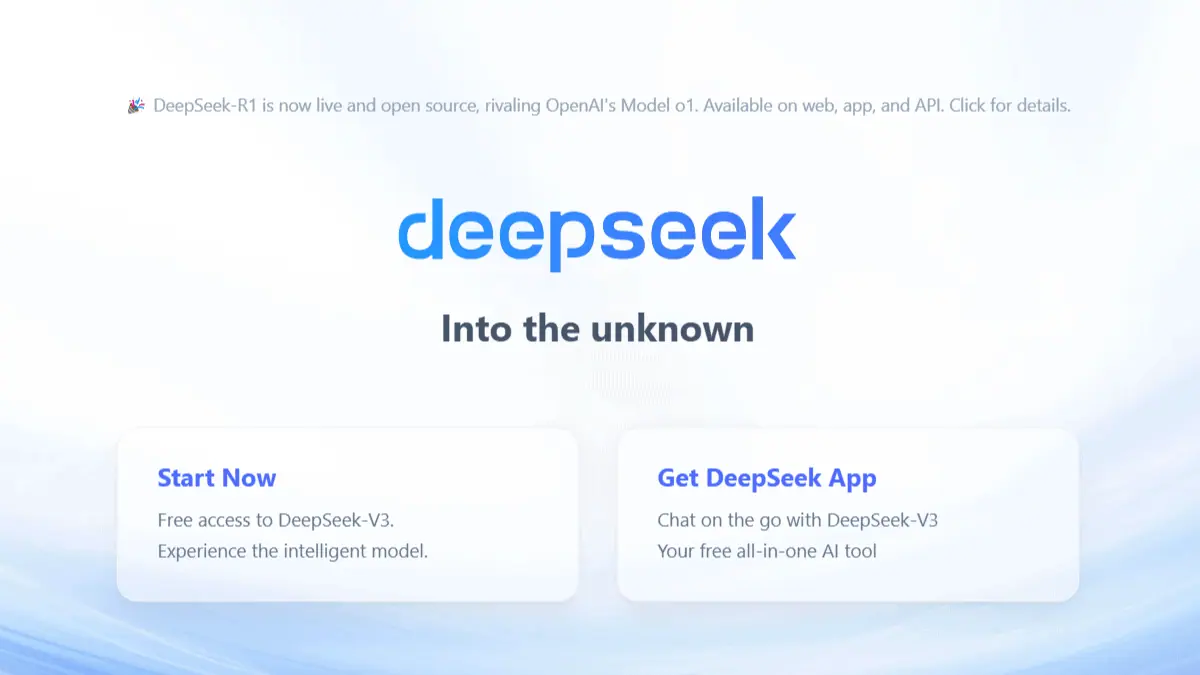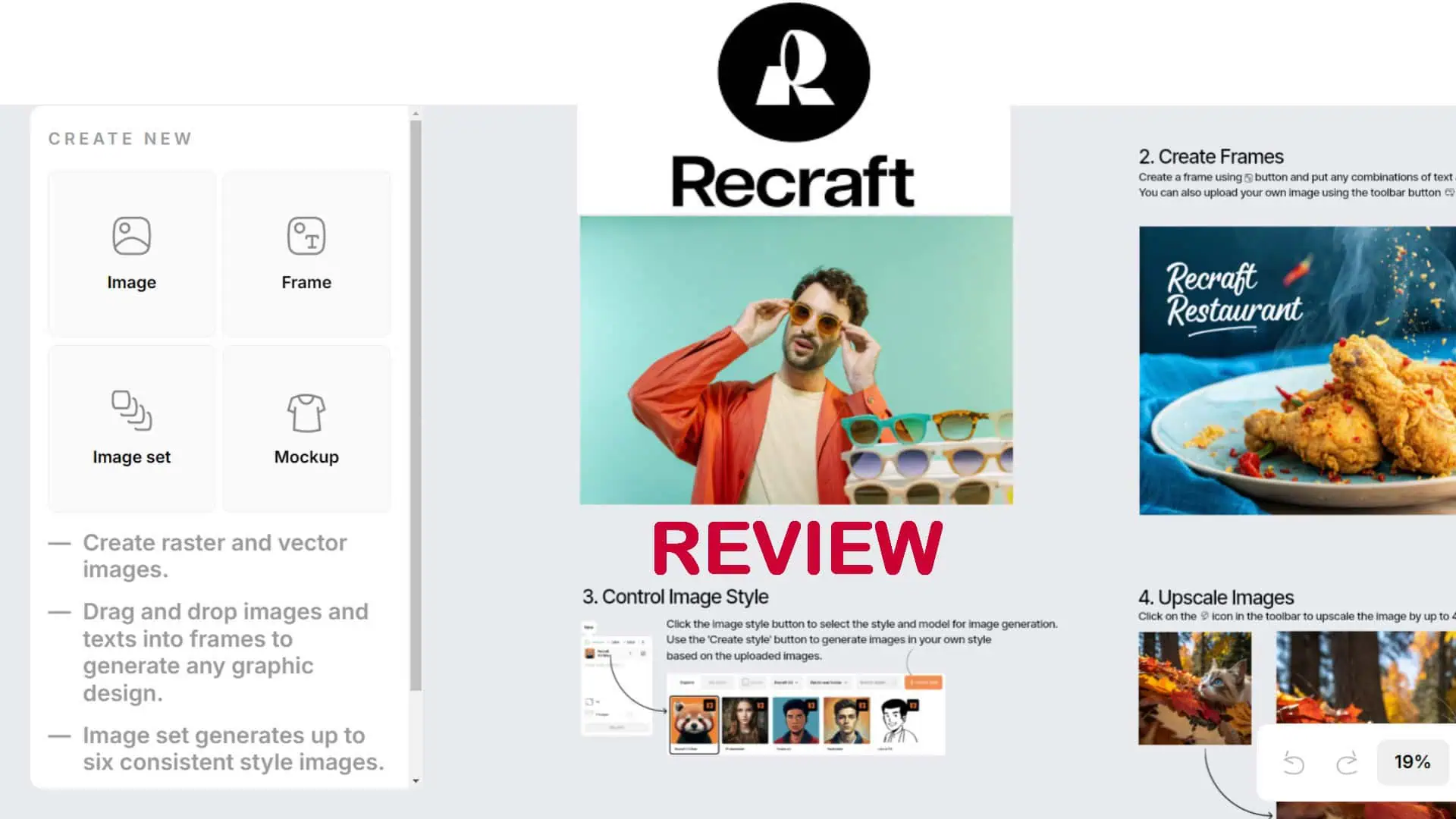European users can now try ChatGPT advanced voice mode without VPN
It's finally open to all Plus users in EU, Switzerland, Iceland, Norway, and Liechtenstein.
2 min. read
Published on
Read our disclosure page to find out how can you help MSPoweruser sustain the editorial team Read more
Key notes
- OpenAI opened ChatGPT advanced voice mode to all Plus users in Europe.
- The hotly-anticipated humanoid, lifelike voice assistant arrived a while ago.
- It lets you speak to the AI chatbot like humans. It can even “hmm” and “rrr” during the conversation.

ChatGPT advanced voice mode is sure a thing of wonder. It’s completely humanoid & remarkably lifelike, replacing the robot feels of whatever voice assistant we had, and it’s powered by OpenAI’s latest model, the GPT-4o.
And now, after a few weeks of restriction, European users can now take the mode out for a spin. OpenAI says in an update on X that, “All Plus users in the EU, Switzerland, Iceland, Norway, and Liechtenstein now have access to Advanced Voice.”
Previously, ChatGPT’s advanced voice mode was only available “to a small group of ChatGPT Plus users,” excluding users in Europe. So, before this, users in Europe had to rely on VPN services to try the voice mode even if they already paid $20/month for the premium subscription tier.
The advanced voice mode had a rocky start during its launch, facing legal issues because it resembled Scarlett Johansson’s AI character from the movie “Her” where the main character falls in love with the AI. It’s an all-too-familiar business that could be concerning, given how fast we’re developing in AI. Even Google has its own voice mode with Gemini Live.
OpenAI is worried, too, as an August safety review found that users might favor emotional bonds with AI over real human relationships, especially now that the AI can talk and interact like a person.
“Users might form social relationships with the AI, reducing their need for human interaction—potentially benefiting lonely individuals but possibly affecting healthy relationships,” says the Microsoft-backed company in the report.
“We intend to further study the potential for emotional reliance, and ways in which deeper integration of our model’s and systems’ many features with the audio modality may drive behavior,” OpenAI promises further.









User forum
0 messages